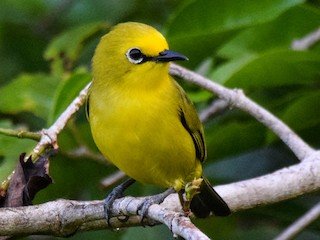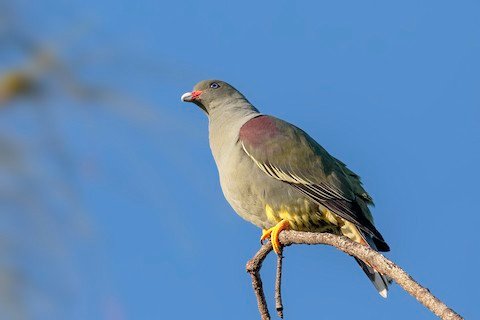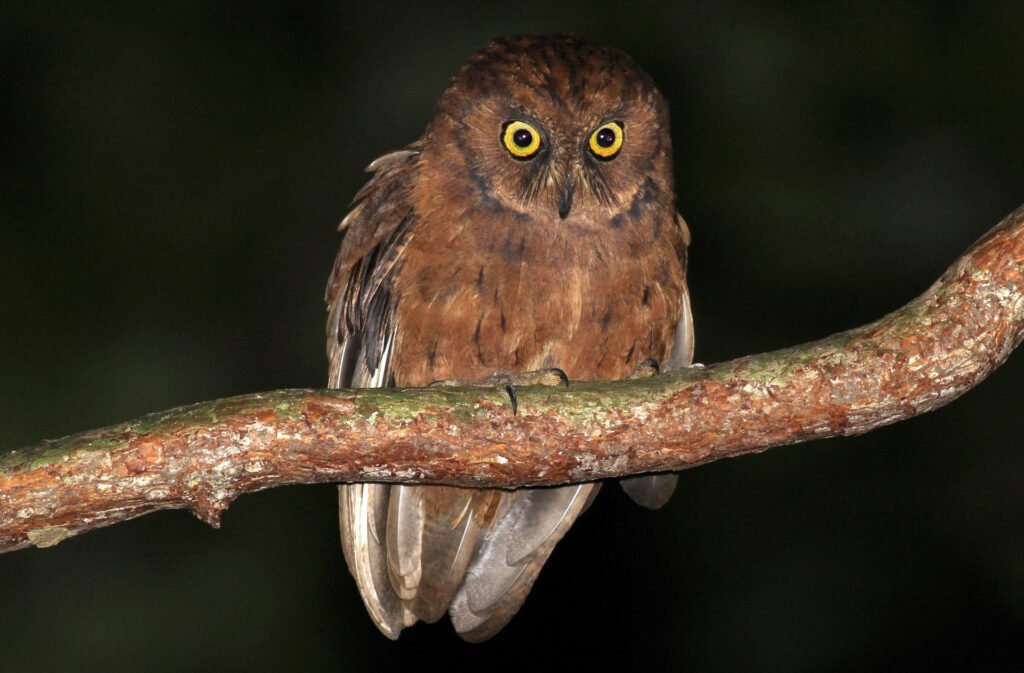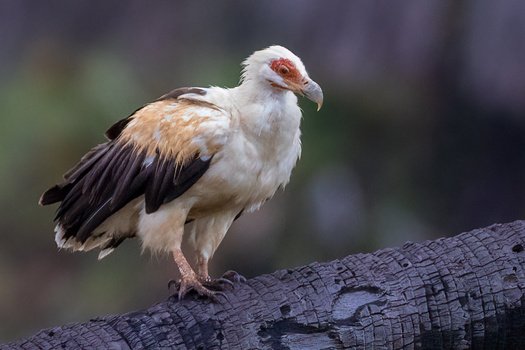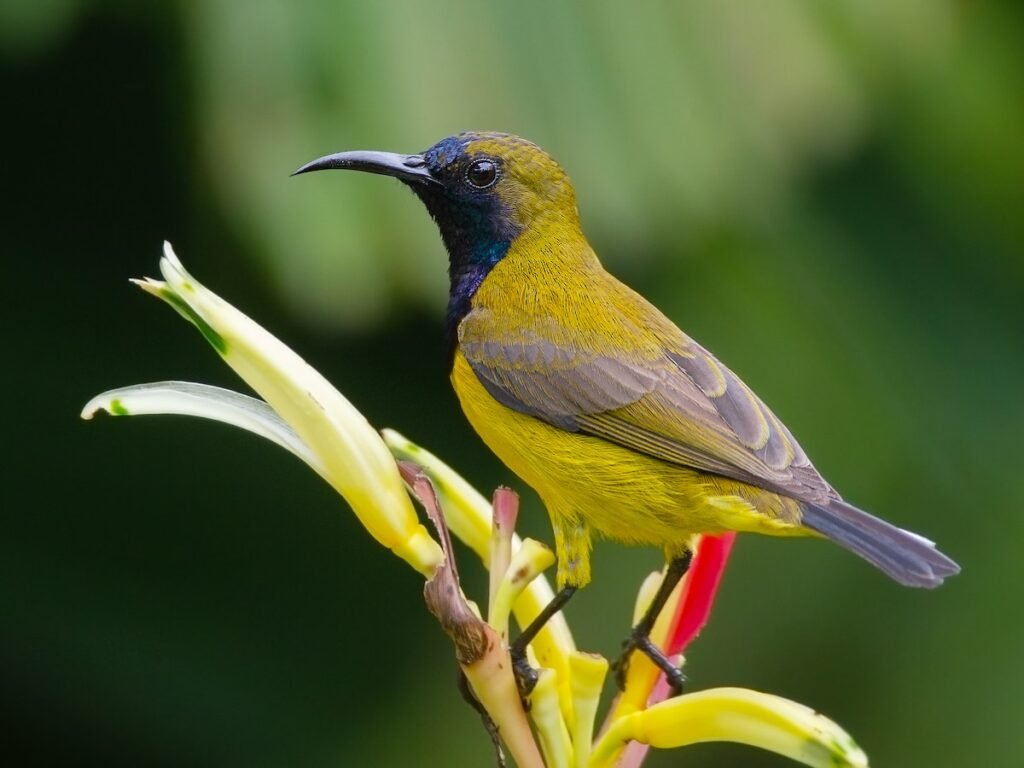Pemba Island – Tanzania’s Hidden Diving Paradise
Pemba Island stands as Tanzania’s best-kept secret, offering travelers an authentic island experience away from crowded tourist destinations. Furthermore, this tropical paradise combines world-class diving with pristine beaches and rich cultural heritage. As a result, visitors discover an untouched gem that delivers unforgettable memories.
World-Class Diving Adventures
Pemba Island boasts some of East Africa’s most spectacular diving sites. Specifically, the diving sites include Misali Island, the Kigomasha Peninsula, the Fundu Gap, and the Njao Gap. Moreover, divers find the highest diversity of coral and fish species in East Africa in these waters.
The island’s location creates exceptional underwater conditions. Additionally, the best diving sites are on the west coast of the island, which are all part of the Pemba Channel Conservation Area. Consequently, marine life thrives in these protected waters, making every dive an adventure.
Professional dive operators provide comprehensive services for all skill levels. Furthermore, experienced guides ensure safe exploration of the island’s underwater treasures. As a result, both beginners and advanced divers enjoy incredible experiences in these pristine waters.
Authentic Culture and Spice Heritage
Beyond diving, Pemba Island offers rich cultural experiences that showcase its heritage. Notably, Pemba is famous for its clove production, and tours of the plantations allow visitors to discover the whole process of growing and processing this prized spice. Additionally, early Omani sailors dubbed the island as the Green Isle or El Huthera, reflecting its lush landscape.
The island’s spice plantations cover vast areas and provide fascinating insights into traditional farming methods. Moreover, visitors learn about the historical significance of the spice trade in shaping local culture. Therefore, these tours offer authentic experiences that connect travelers with the island’s heritage.
Pemba Island’s Pristine Beaches and Natural Beauty
Pemba Island delivers spectacular beaches that rival any tropical destination. Similarly, the island’s natural beauty extends beyond its coastline. Furthermore, dense forests and mangrove systems create diverse ecosystems that support abundant wildlife.
The island’s small size makes exploration easy and rewarding. Specifically, Pemba is only 67 km (42 miles) long, and a mere 22 km (14 miles wide). However, this compact size allows visitors to experience multiple attractions during their stay.
Why Choose Pemba Island for Your Next Adventure
Of the three Tanzanian islands, Pemba is the least touristy island by far. Consequently, travelers enjoy a more authentic and peaceful experience. Additionally, the island offers amazing diving but also amazing beaches and a Robinson Crusoe type of vibe.
Pemba Island provides the perfect balance of adventure and relaxation. Therefore, it appeals to travelers seeking unique experiences away from mainstream tourism. Furthermore, the island’s pristine environment and warm hospitality create lasting memories for every visitor.











